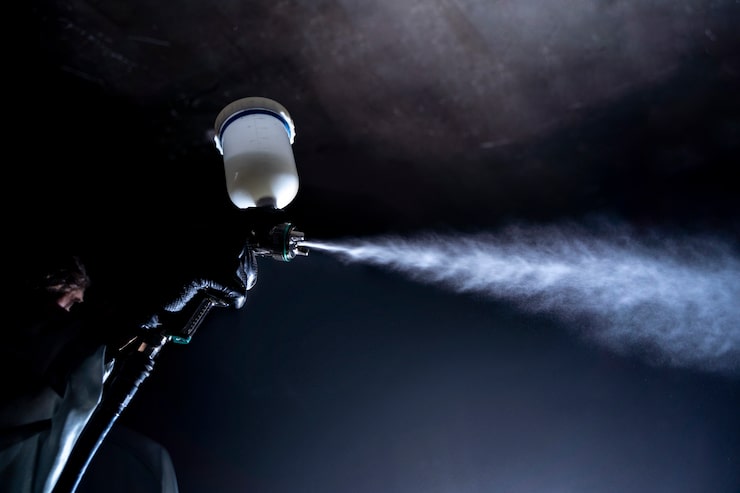Plastic pipes have become increasingly popular in industrial applications due to their chemical resistance, corrosion resistance, flexibility, and ease of installation. Understanding what plastic pipe is used for industrial purposes helps engineers and project planners select the right materials for specific applications, ranging from water treatment to chemical transport and process piping.
One of the most widely used plastic pipes in industry is HDPE (High-Density Polyethylene). HDPE pipes are valued for their toughness, flexibility, and ability to withstand high pressures and temperatures. They are commonly used in water distribution, chemical transport, mining operations, and slurry pipelines. HDPE’s fusion welding capability ensures leak-free joints, making it suitable for both above-ground and buried installations.

PVC (Polyvinyl Chloride) and CPVC (Chlorinated PVC) are also used for industrial purposes, particularly for chemical-resistant lines and medium-temperature applications. CPVC can handle higher temperatures than standard PVC and is often used in hot water distribution and chemical processing. PVC is lightweight, corrosion-resistant, and cost-effective, making it suitable for drainage, water treatment, and low-pressure chemical transport.
PEX (Cross-Linked Polyethylene) has industrial applications as well, especially in hot and cold water distribution, compressed air systems, and certain chemical lines. Its flexibility allows long continuous runs with minimal fittings, reducing potential leak points. PEX is resistant to freeze damage and maintains performance under moderate temperatures, making it a practical choice for both industrial and commercial systems.
Other specialized plastic pipes used in industry include PP (Polypropylene), PVDF (Polyvinylidene Fluoride), and FRP (Fiberglass-Reinforced Plastic). PP is widely used in chemical processing due to its resistance to acids, alkalis, and solvents. PVDF is suitable for ultra-pure water and aggressive chemical transport, often in pharmaceutical and semiconductor industries. FRP pipes provide a combination of strength, corrosion resistance, and lightweight handling, commonly used in chemical plants, marine applications, and wastewater treatment.
Industrial plastic pipes are selected not only for chemical compatibility and pressure ratings but also for long-term durability, thermal resistance, and ease of maintenance. They are often used in conjunction with sensors, valves, and automation systems to ensure safe and efficient operation in industrial environments.
In modern industry, the trend is toward high-performance polymers and composite piping systems that can replace traditional metals in challenging environments. The advantages include reduced corrosion risk, lower maintenance costs, and simplified installation. Understanding what plastic pipe is used for industrial purposes allows engineers to design efficient, safe, and cost-effective piping systems that meet increasingly strict regulatory and operational standards.



